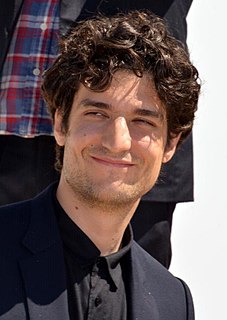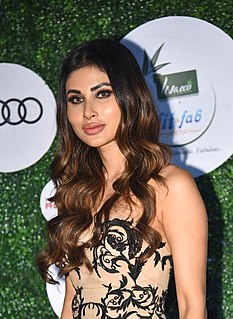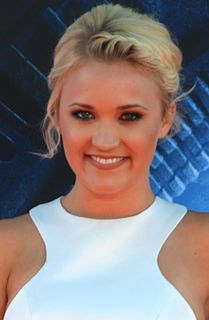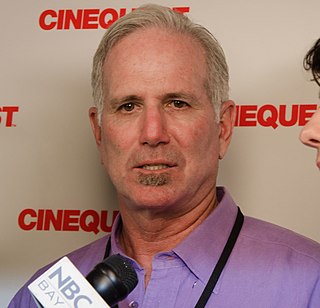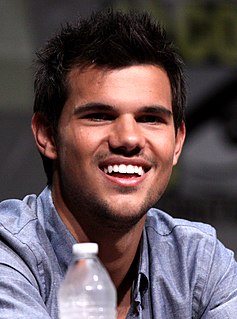A Quote by Louis Garrel
At the end of the day you do have to write a short novel beforehand, called a script, before you can make a movie.
Quote Topics
Related Quotes
Before, I was writing a script to make a movie. At a certain point, I became A Writer in Film and Television. So I got TV deals to write stuff, film deals to write stuff. But it's dangerous. I got into the WGA, and I became kind of, you know, a slave! They just pay you to write a script, and it's hard to make the movies.
We write and write and write until we think, 'If we have to shoot this script, we'll be happy, and it's going to be a great movie.' I meet with all the actors two weeks before, and I ask them, 'What lines don't work? What is uncomfortable for you? What jokes do you think aren't good? If you're not getting it, here's what the joke is.' You fix it.
I always was interested in prose. As a teenager, I published short stories. And I always wanted to write the long short story, I wanted to write a novel. Now that I have attained, shall I say, a respectable age, and have had experiences, I feel much more interested in prose, in the novel. I feel that in a novel, for example, you can get in toothbrushes and all the paraphernalia that one finds in dally life, and I find this more difficult in poetry.
The way you write dialogue is the same whether you're writing for movies or TV or games. We use movie scriptwriting software to write the screenplays for our games, but naturally we have things in the script that you would never have in a movie script -- different branches and optional dialogue, for example. But still, when it comes to storytelling and dialogue, they are very much the same.
